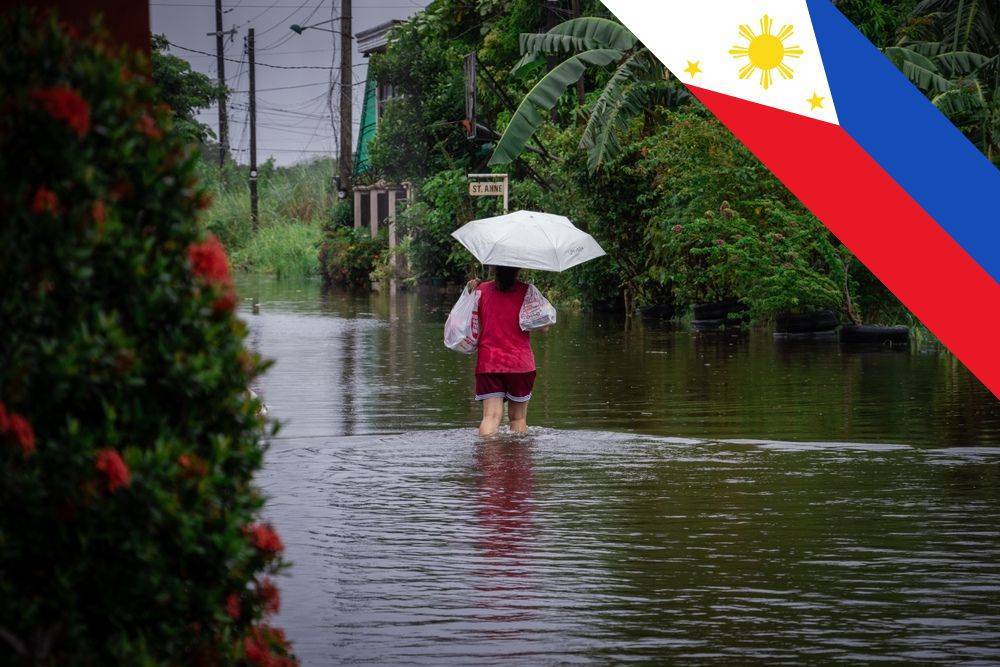Iloilo 1st District Representative Janette Garin has called on the Department of Health (DOH) to adopt a more aggressive approach to combating the disease. This is amid growing concerns over a potential surge in leptospirosis cases following recent floods.
Garin criticised the DOH for its alleged failure to adequately distribute doxycycline before the onset of flooding in various provinces. This drug is a crucial antibiotic used to prevent leptospirosis.
Lapses in Doxycycline Distribution: A Missed Opportunity
Garin expressed her dismay at the DOH’s handling of doxycycline distribution. Despite the availability of funds, the antibiotic was not pre-positioned in vulnerable areas. “The problem is, we have funds for free doxycycline, but it is unavailable in some areas. This is a repeated appeal to the DOH. It seems they are just listening to these issues but no response has been made,” Garin stated.
The former DOH secretary emphasised that a more proactive stance was needed, especially in the face of impending natural disasters. “There should be action. Send the medicines to areas where these should have been pre-positioned so these would be accessible,” she added. Garin’s remarks underscore a lapse in the DOH’s communication and emergency response strategy. Additionally, she believes better management could have mitigated the risk of an outbreak.
Rising Leptospirosis Cases: A Wake-Up Call for the DOH
Garin further stressed that the rising cases should serve as a wake-up call to enhance DOH’s information dissemination campaigns. They should particularly regard the disease during periods of flooding. “This is a wake-up call to the Department of Health to be more aggressive because when fake news spreads, misinformation should be taboo to the department because people are sometimes affected by misleading statements,” Garin warned.
The spread of misinformation, especially during public health crises, can have severe consequences. Garin’s call for the DOH to take a stronger stance against fake news is a reminder of the importance of accurate and timely information.
DOH Response: Leptospirosis Surge Capacity Plan
In response to the increasing number of cases, the DOH ordered hospitals in the National Capital Region (NCR) to activate their “leptospirosis surge capacity plan.” This directive aims to bolster the healthcare system’s ability to manage and treat the growing number of leptospirosis patients.
The DOH also instructed all DOH-affiliated hospitals to utilise standardised referral forms, which are available online. They also ask to update the contact details of their referral focal persons with the Health Emergency Management Bureau’s operations centre by 13 August. These measures are intended to streamline the referral process and ensure that patients receive timely and appropriate care.
Overcapacity at NKTI: A Strain on Resources
The National Kidney and Transplant Institute (NKTI) in Quezon City has already reported a significant influx of leptospirosis cases. As of 9 August, the NKTI had admitted 67 patients with leptospirosis, including 11 children. The hospital’s emergency room is currently overcapacity, prompting the conversion of its gymnasium into a temporary leptospirosis ward to accommodate 40 patients. Plans are also underway to open an additional ward for 15 more patients.
The situation at NKTI illustrates the strain on healthcare resources as the number of leptospirosis cases continues to rise. Garin noted that the response would have been to advise individuals who waded through floodwaters to take doxycycline within 72 hours after exposure.
Moving Forward: The Need for Proactive Measures
Garin’s critique of the DOH highlights the need for a proactive and responsive public health strategy in the face of natural disasters and disease outbreaks. The delayed distribution of doxycycline and the overcapacity at hospitals like NKTI underscore the importance of pre-emptive action and efficient resource allocation.
It is imperative that the DOH takes action to protect public health as they face the challenges of increasing leptospirosis cases and misinformation. Crucial steps are to be taken in order to prevent further escalation of the leptospirosis outbreak. This includes strengthening the distribution of essential medicines, improving public health communication, and enhancing the healthcare system’s capacity to respond to surges in disease.
Conclusion
The recent floods have brought to light significant gaps in the DOH’s approach to disease prevention and control. As leptospirosis cases rise, the call for a more aggressive and proactive response from the DOH has never been more urgent. The lessons learned from this situation should serve as a catalyst for improving the country’s public health infrastructure. This will ensure that future crises are met with preparedness, efficiency, and effective communication.
Have a pressing question for a doctor? Medical Channel Asia has launched a community forum page where you can get questions answered by a medical specialist. Visit the community forum here.

